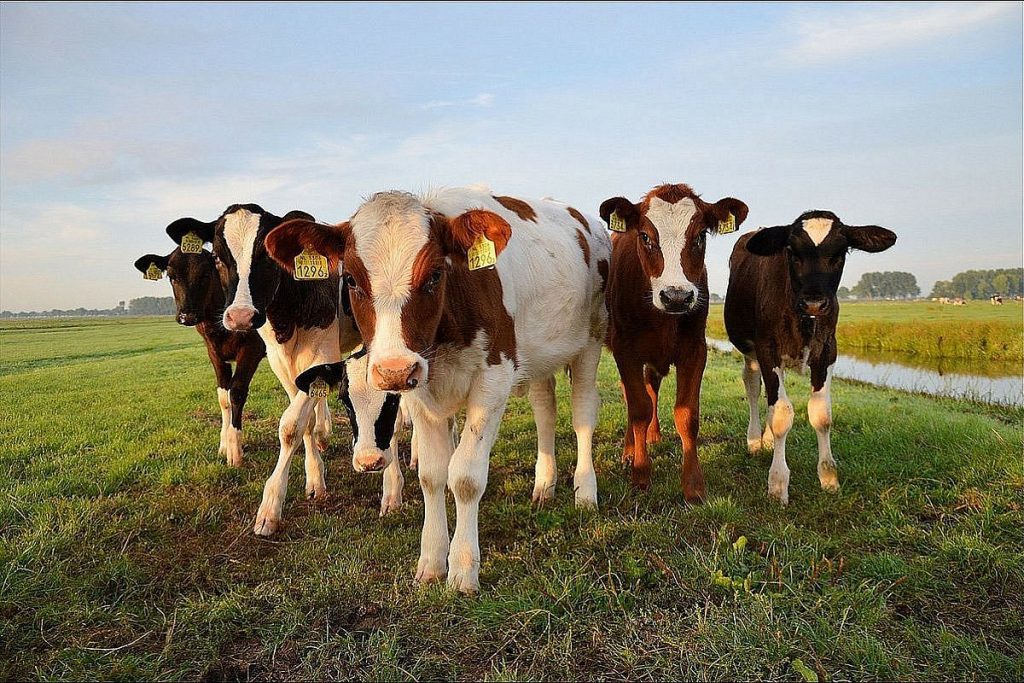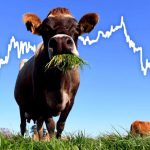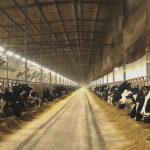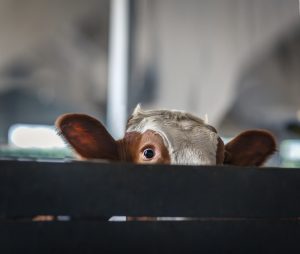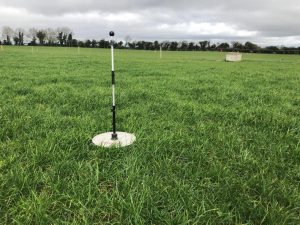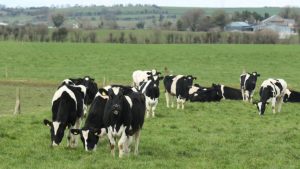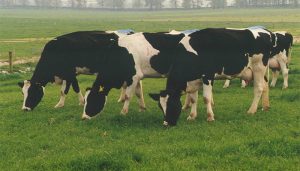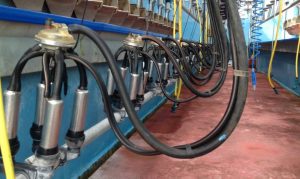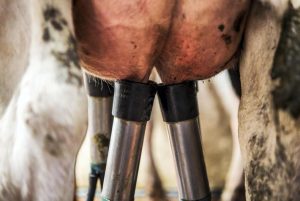
INHFA President Colm O’Donnell has called into question the sustainability of the dairy expansion in light of a “pending animal welfare crisis” this spring.
In discussing the concerns outlined by advisors and members of the industry relating to the “expected births of over 750,000 dairy bull calves that nobody wants”, the INHFA president stated how he is “deeply concerned that there doesn’t seem to be a plan on how to manage this”.
“Since the abolition of milk quotas, we have seen a massive increase in the dairy herd and while those of us not involved, assumed that all aspects of this were thought through, it would appear that this is not what has happened.”
“Recent reports that our state advisory service, who were encouraging this expansion, hadn’t factored in how they would deal with the increasing number of dairy calves is appalling.”
“It also raises the question that if they miss something as basic as this then what else have they missed.”
He said there are also “uncomfortable questions” for many co-ops, lending institutions and the Government.
“All of these facilitated and encouraged farmers to expand and should not now be allowed to walk away from the mess they created.”
Impact on suckler industry
In addressing the possible impact this expansion will have on other sectors, O’Donnell outlined how it has already impacted on our suckler industry by delivering a surplus of beef which has undermined price.
“For those supplying lamb, the concern that as beef price falls, the price of lamb will follow it down.”
“However, the greatest concern for all of us is the possibility of an animal welfare crisis around the 750,000 dairy bull calves that will be born this spring and the dire impact that this could have for all farmers supplying meat and dairy products.” he stressed.
“With export options tightening and fewer beef farmers willing to take a risk on these calves, it is vital that the Department, advisors, banks and co-ops work with those dairy farmers in the delivery of adequate animal housing and the necessary labour to ensure no animal welfare issue arises.”
This, he feels, should be seen as a short-term measure. “In the medium to long-term, we need to ensure that this situation never arises again.”
A cull of the dairy herd
“The most effective way of ensuring this is through a cull of the dairy herd.” He said that the details and nature of any cull should be worked out over the coming months to give dairy farmers sufficient time to plan for the following year.
He feels that the obvious starting point is dairy farmers in nitrate derogation territory and those exporting slurry. “While this proposal may seem drastic, it is not unprecedented.”
He noted that the overgrazing of some commonage lands in the late 1990s resulted in a mandatory 30% stocking reduction on all commonage farmers.
“No other sector was asked to help in delivering a solution as the issue was addressed on the basis of the polluter pays principle and this principle must now apply to the current crisis in the dairy sector.” the farm leader concluded.
